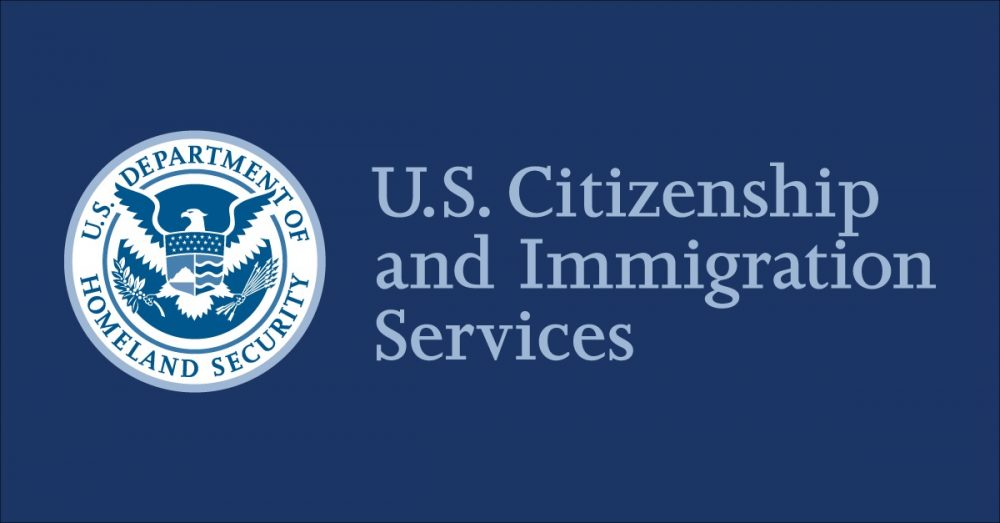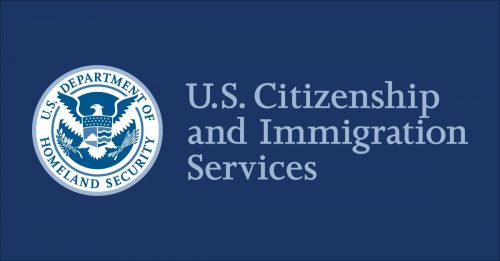
Step may benefit spouses of Indian tech professionals who have lost jobs due to delays in processing of their EADs
US Citizenship and Immigration Services (USCIS) is expected to expand premium processing for additional services including applications for employment authorization for spouses of H-1B holders.
The move is likely to benefit a large number of spouses of Indian tech professionals, who make up the bulk of H-4 dependent visa holders, many of whom have lost their jobs as their EAD was not processed in time.
A USCIS final rule that would expand premium processing to include additional case types has cleared the Office of Management and Budget (OMB), putting it closer to publication and implementation, according to leading immigration law firm Fragomen.
Read: Work visa holders question new USCIS mission statement (February 10, 2022)
The regulation implements Congress’s Oct 2020 legislation directing USCIS to expand premium processing service to a number of additional case types, including for applications for employment authorization (Form I-765) and nonimmigrant changes of status and extensions of stay for certain dependent family members (Form I-539).
The law authorized USCIS to implement a permanent expansion of premium processing to include additional immigration applications and petitions. Applications for employment authorization (Form I-765) and applications to change or extend status for the dependents of H-1B, L-1 and other principal nonimmigrants (Form I-539) – which are currently facing significant backlogs – were included in this list.
The specific contents of the final rule – including the case types eligible for premium processing, processing timelines, and corresponding fees and implementation dates – are not yet known. But the rule is expected to mirror the premium processing case types, fees, and timelines detailed in the October 2020 legislation, Fragomen said.
It is also expected that USCIS will implement premium processing for newly eligible categories in phases over the course of several months or more, instead of all at once. The rule will soon be published in the Federal Register and take effect according to the timeline detailed in the regulation.
Read: USCIS opens H-1B registration for FY 2023 on March 1 (January 29, 2022)
Currently, premium processing is limited to certain Form I-129 nonimmigrant worker petitions and certain Form I-140 immigrant worker petitions, with a 15-day adjudication timeframe.
There is no immediate change to the premium processing program at this time. The existing premium program for certain I-129 and I-140 petitions remains available, Fragomen said.
Read: I-907, Request for Premium Processing Service (February 25, 2022)
Employers and foreign nationals should prepare for the full implementation of premium processing expansion to occur slowly and in phases over several months or even longer, it said.



